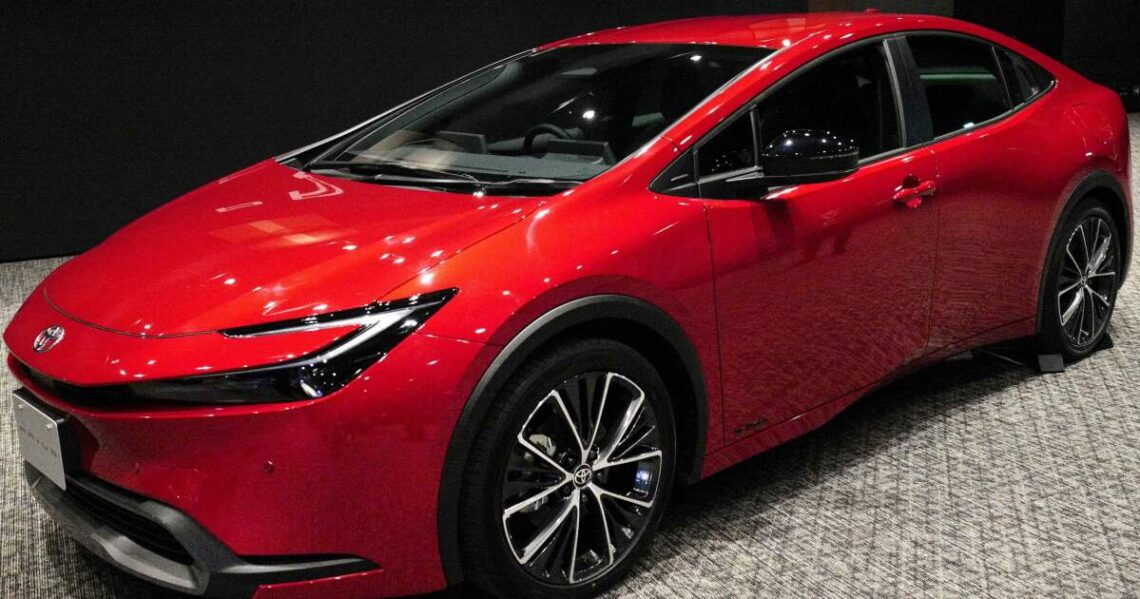A quarter century ago, Toyota unveiled a revolutionary vehicle: the Prius.
The Prius was the first of a new category of cars, marrying an electric motor to a gasoline engine to dramatically increase fuel economy and reduce emissions.
Today, hybrid vehicles remain popular with many drivers — enduringly popular, across a growing number of vehicle segments. That’s even as a new revolution is unfolding, with automakers investing many billions of dollars in all-electric vehicles, which don’t use gas at all.
Car buyers still like hybrids because they can save on gas and cut their carbon footprint without having to deal with range anxiety or the need to charge at home.
But even as hybrids go mainstream, they are losing traction among their original enthusiasts: environmentalists.
Many say it’s time for hybrids to fade into history; that they are at best a detour, and at worst an obstruction, in the fight against climate change.
“Right now we are facing a climate crisis, and we absolutely need to reduce our dependency on fossil fuel cars,” says Katherine Garcia, who directs the Sierra Club’s Clean Transportation for All campaign.
Here’s what to know about the environmental debate over hybrids.
Hybrids are a popular choice with shoppers
Hybrids may not get as much buzz as EVs, but they’re flying off dealership lots.
Take Steve Bond, who was eyeing some of the hybrids on display at the Washington, D.C., auto show last month. “I think it’s time to go from straight gasoline for a hybrid model for the better mileage,” he said, explaining why he thought a hybrid Toyota Highlander would be his next vehicle.
He’s thought about an…
Read the full article here






